The rise of veganism is a connection between the cruelty-free and plant-based lifestyles. In recent years, veganism has seen a surge in popularity as more and more people become aware of the many issues surrounding the animal agriculture industry.
From the inhumane treatment of animals to the devastating environmental impact of factory farming, there are plenty of reasons to make the switch to a cruelty-free, plant-based lifestyle.
For those who care about animal welfare, going vegan is an obvious choice. Animals raised for food are routinely subjected to cruel and inhumane conditions, from cramped and filthy living conditions to painful procedures such as debeaking and castration. They are also denied the chance to engage in natural behaviors, and are often killed in brutal ways.
The environmental impact of animal agriculture is also a major concern. Factory farming is a leading contributor to greenhouse gas emissions, and is responsible for massive amounts of water and land pollution. Animal agriculture is also a major driver of deforestation, as huge swathes of land are cleared to make way for pasture and feed crops.
So, what’s driving the rise of veganism? In addition to the ethical and environmental concerns mentioned above, more and more people are becoming aware of the health benefits of a plant-based diet. Studies have shown that vegans tend to be healthier than meat-eaters, with lower rates of obesity, heart disease, and cancer.
With so many good reasons to go vegan, it’s no wonder that this lifestyle choice is on the rise. If you
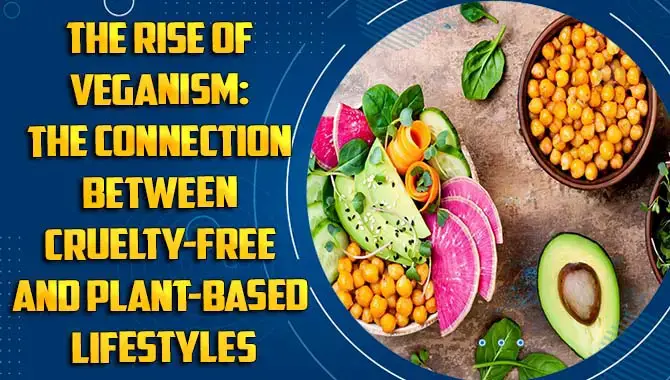
Contents
- 1 What Are The Benefits Of Rise Of Veganism?
- 1.1 1. Veganism is Good for Your Health
- 1.2 2. Veganism is Good for the Environment
- 1.3 3. Veganism is Good for Animals
- 1.4 4. Veganism Can Save You Money
- 1.5 5. Veganism Can Be Delicious
- 1.6 What Are The Ethical Considerations Of Veganism?
- 1.7 What Is The Connection Between Veganism And Animal Cruelty?
- 1.8 What is the Connection Between Veganism and Animal Cruelty?
- 1.9 What Is The Connection Between Veganism And The Environment?
- 1.10 What Does That Have To Do With The Environment?
What Is Veganism?
A vegan lifestyle involves abstaining from all animal products, including eggs, dairy, and honey. There is no one answer to this question as veganism means different things to different people, but in general, it is a way of living that seeks to exclude, as far as possible and practicable, all forms of exploitation of, and cruelty to, animals for food, clothing or any other purpose.
For some people, veganism is a diet free of all animal products, including eggs, dairy, and honey. For others, it is a lifestyle that extends beyond diet to include avoiding all animal-derived products, such as leather and wool. And for some, it is a political statement about the unjust treatment of animals.
No matter what your reasons for choosing veganism, it is a diet that has many health benefits. Studies have shown that vegans tend to have lower rates of heart disease, obesity, diabetes, and some forms of cancer. They also tend to have lower cholesterol and blood pressure levels.
If you’re thinking about going vegan, there are a few things you should know. First, it is important to get enough protein, iron, calcium, and vitamin B12 in your diet. These nutrients are found in animal products, but there are vegan-friendly sources of them as well. Second, you will need to be thoughtful about meal planning to make sure you’re getting the nutrients you need. And third, you may need to supplement your diet with certain vitamins and minerals.
If you’re ready to give veganism a try, there are plenty of resources to help you get started. There are cookbooks, websites, and even apps with vegan recipes. There are also vegan meetups and groups where you can connect with like-minded people and get support on your journey.
What Are The Benefits Of Rise Of Veganism?
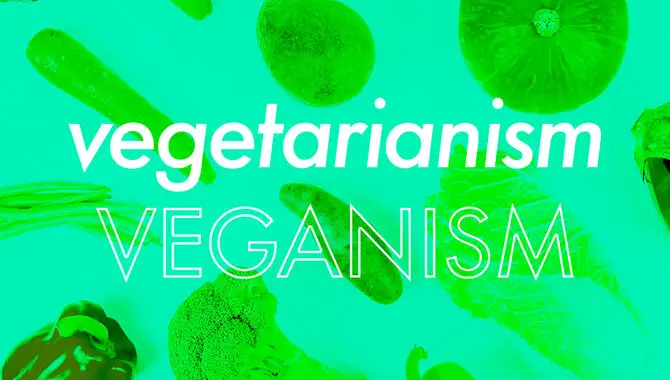
There are many benefits of veganism, including improved heart health, decreased risk of cancer, and reduced greenhouse gas emissions.
If you’re considering going vegan, or are already eating a plant-based diet, you may be wondering what the benefits are. Here are some of the top reasons to choose veganism:
1. Veganism is Good for Your Health
A vegan diet has been shown to lower your risk of heart disease, cancer, obesity, and type-2 diabetes. This is likely due to the fact that vegan diets are typically high in fiber and low in unhealthy saturated fats.
2. Veganism is Good for the Environment
Factory farming is a leading cause of greenhouse gas emissions, water pollution, and deforestation. By choosing vegan foods, you can help reduce the demand for these damaging practices.
3. Veganism is Good for Animals
Animals raised for food are typically kept in cramped, filthy conditions and are subject to painful procedures such as castration and debeaking. By choosing vegan foods, you can help spare animals from this suffering.
4. Veganism Can Save You Money
Meat and dairy products tend to be some of the most expensive items in the grocery store. By cutting them out of your diet, you can save a significant amount of money.
5. Veganism Can Be Delicious
With the abundance of plant-based foods available today, it’s easier than ever to enjoy a delicious vegan diet. There are endless possibilities for vegan meals, so you’re sure to find something to suit your taste.
If you’re looking to improve your health, help the environment, or save some animals, veganism is a great option for you. With so many benefits, it’s no wonder that more and more people are choosing to go vegan.
What Are The Ethical Considerations Of Veganism?
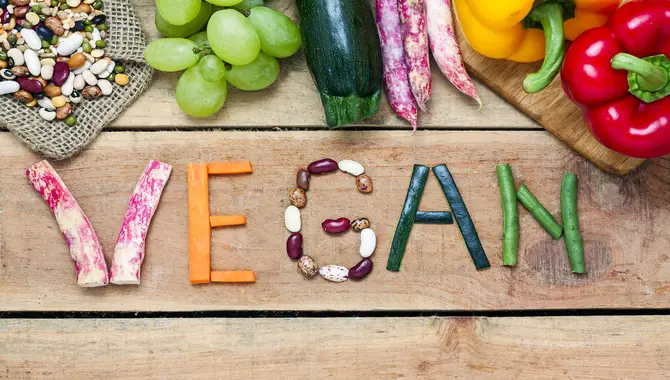
The ethical considerations of veganism are the belief that it is wrong to harm or kill animals for food, clothing, or any other purpose.
When we think about veganism, we typically think about the environmental and health benefits. But there is another important consideration that is often overlooked: the ethical implications of a vegan lifestyle.
There are a number of ethical considerations that come into play when we choose to follow a vegan lifestyle. First and foremost, we are making a conscious choice to avoid animal products and by extension, animal cruelty. Factory farming is an horrifically cruel practice, and by choosing to be vegan, we are choosing to opt out of that system.
In addition, by choosing veganism we are also choosing to reduce our impact on the environment. Animal agriculture is a leading cause of deforestation, water pollution, and greenhouse gas emissions. So, by avoiding animal products, we are helping to protect the planet.
Finally, we must also consider the impact of our choices on other people. A vegan lifestyle can be a great way to promote social justice and reduce inequality. By choosing plant-based foods, we are supporting farmers and workers who may be paid fairly and treated more humanely than those in the animal agriculture industry.
So, when we consider the ethical implications of veganism, there are a number of important factors to consider. We must think about the animals, the environment, and the people who are impacted by our choices. By making the conscious choice to follow a vegan lifestyle, we can make a difference in the world.
What Is The Connection Between Veganism And Animal Cruelty?
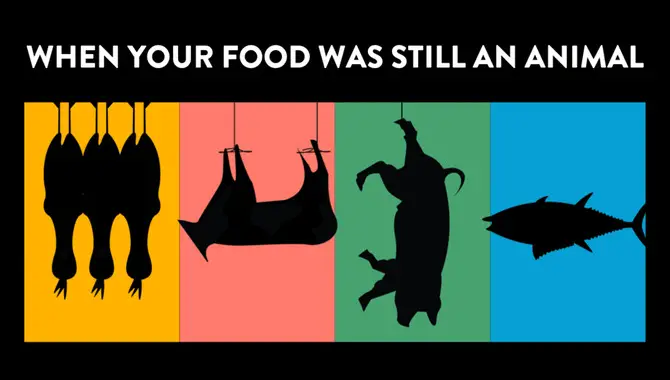
The connection between veganism and animal cruelty is that veganism is a way to live without contributing to animal cruelty.Veganism is a lifestyle that seeks to exclude all forms of animal exploitation and cruelty, whether for food, clothing or any other purpose.
For many people, veganism is about compassion for animals. They believe that all sentient beings, including animals, have the right to live free from exploitation and cruelty. They see veganism as a way to align their values with their actions, and to live in a way that minimizes harm to animals.
Others may choose veganism for health reasons. They may believe that a plant-based diet is the healthiest way to eat, or that it has certain health benefits. They may also believe that consuming animal products is unethical, due to the way animals are often treated in the food industry.
Whatever the reason, veganism is a growing movement. More and more people are choosing to live vegan lifestyles, and there are now more vegan options than ever before.
If you’re interested in learning more about veganism, or in transitioning to a vegan lifestyle, there are lots of resources available. There are also many delicious vegan recipes out there, so you can still enjoy your favorite foods without harming animals.
What is the Connection Between Veganism and Animal Cruelty?
Simply put, veganism is a way to prevent animal cruelty. By choosing not to consume or use animal products, vegans help to reduce the demand for these products, and ultimately help to reduce the amount of animal cruelty in the world.
What Is The Connection Between Veganism And The Environment?
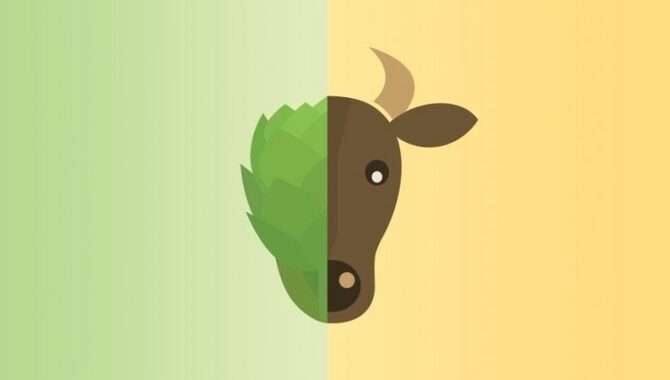
Veganism is a way of living which seeks to exclude, as far as is possible and practicable, all forms of exploitation of, and cruelty to, animals for food, clothing or any other purpose. When most people think of veganism, they think of a plant-based diet.
But veganism is so much more than that. At its core, veganism is a philosophy and way of living that seeks to exclude – as far as is possible and practicable – all forms of exploitation of, and cruelty to, animals for food, clothing or any other purpose.
What Does That Have To Do With The Environment?
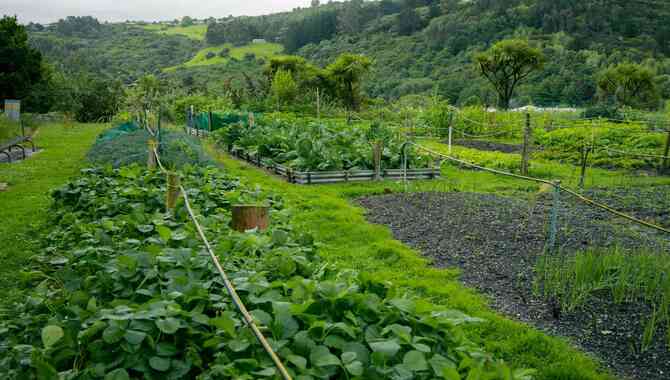
Well, animal agriculture is one of the leading causes of environmental degradation. It’s responsible for deforestation, water pollution, and air pollution. It’s also a major contributor to climate change.
So, by choosing to live a vegan lifestyle, you’re automatically doing your bit to help the environment.
Of course, it’s not just about avoiding animal products. It’s also about choosing environmentally-friendly alternatives. For example, instead of using leather, you could choose to buy vegan leather made from sustainable materials like pineapple leaves or cork.
There are also lots of simple everyday changes you can make to live a more vegan and eco-friendly life, such as:
- Bring your own reusable shopping bags to the grocery store
- Ditch disposables like paper towels and straws in favor of reusable options
- Compost your food scraps instead of putting them in the trash
- Line dry your clothes instead of using a tumble dryer
- Walk or bike instead of driving whenever possible
Making these small changes can have a big impact on the environment. And they’re all things that anyone can do, whether you’re vegan or not.
So, there you have it. The connection between veganism and the environment is clear. By choosing to live a vegan lifestyle, you’re not only doing your bit to help animals, you’re also helping to protect the planet.
FAQ
1.What Is The Connection Between Veganism And Health?
2.What Are The Challenges Of Veganism?
3.What Are The Solutions To The Challenges Of Veganism?
4.What Is The Future Of Veganism?
5.How Can I Live A Vegan Lifestyle?
Conclusion
The rise of veganism is a result of the connection between cruelty-free and plant-based lifestyles. More and more people are recognizing the importance of living a cruelty-free lifestyle, and veganism is a logical extension of that. By choosing to consume only plant-based foods, vegans are able to live a lifestyle that is free of all animal cruelty.
I hope that you understand now. If you have any questions, please feel free to leave a comment below.
Leave a Reply